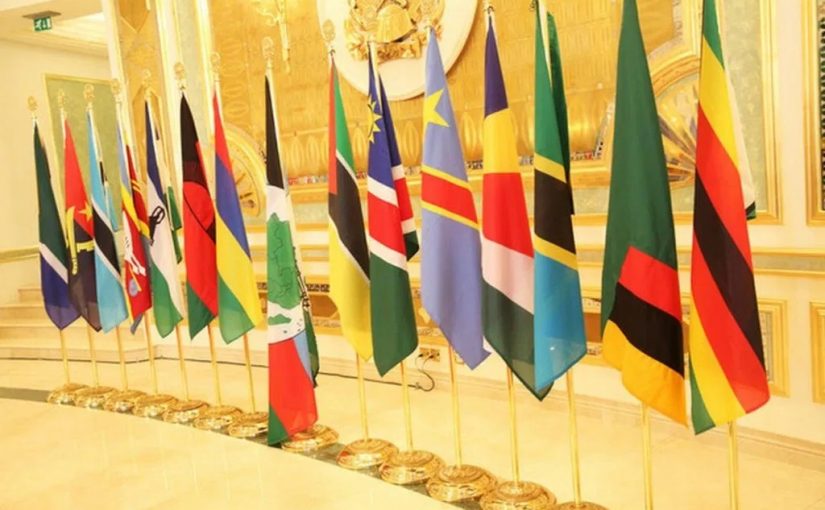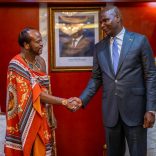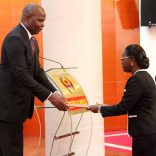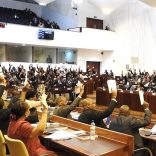Mozambique and Eswatini promise to boost cooperation
Cabo Delgado attacks: SADC has an opportunity to test anti-terrorism strategies – ISS researcher

File photo: IT News ZImbabwe
Researcher at the Institute for Security Studies (ISS) Martin Ewi said on Wednesday that northern Mozambique offers southern African countries an opportunity to test the effectiveness of their anti-terrorism laws.
“It is an opportunity for the countries of the Southern African Development Community (SADC) to test the effectiveness of their regional strategies against terrorism,” he said in a webinar promoted by the ISS on ‘Regional responses to the insurgency in Mozambique’.
Ewi stressed that Mozambique, as a full member of SADC, paying quotas for its participation in the group, should get immediate help from other countries in the region.
Although there is a principle of “non-interference” in the affairs of other states, the researcher said that there is another principle at stake, “the principle of collective security”, according to which “an attack on a member state is an attack on the group,” said Ewi, who is also Regional Coordinator for Southern Africa at ISS ENACT.
“The point is that the SADC has done nothing, and, after three years, this article has stilled not been evoked.”
Although Mozambique focuses on foreign military aid, the country must be assisted at all levels, “even advice or military training,” Ewi says.
Ewi argues that Mozambique must learn from Mali and the Sahel region, which allowed extremist groups to develop.
But a call for aid outside the continent is not an option for Mozambique, when everyone is focused on the Covid-19 pandemic, he added.
SADC “must start somewhere: investigating, military intervention, any alternative will do,” he concludes.
Lusophone researcher at Amnesty International David Matsinhe said that Mozambique “should be more honest about the situation and open to the press”.
“There is no verification about what is happening, there is no information, the press is not allowed in,” he said, adding that this is the perfect formula for prolonging the insurgency.
Matsinhe research had, he said, revealed people who “abandon the forces of the government”, showing that there is something wrong with the information coming out of Cabo Delgado.
For Matsinhe, a regional response is a priority, especially for South Africa, as the attacks in Cabo Delgado could easily spill over into one of the continent’s largest economies.
On May 19, the SADC’s Politics, Defence and Security Cooperation troika met in Harare, the capital of Zimbabwe, and pledged to support the government of Mozambique in the fight against armed groups in Cabo Delgado, without, however, detailing particulars.
The province has been under attack since October 2017 by insurgents, classified since the beginning of the year by Mozambican and international authorities as a terrorist threat.
In two and a half years of conflict in Cabo Delgado, where Africa’s largest private investment for the exploitation of natural gas is advancing, it is estimated that at least 700 people have already died and 250,000 been affected.













Leave a Reply
Be the First to Comment!
You must be logged in to post a comment.
You must be logged in to post a comment.